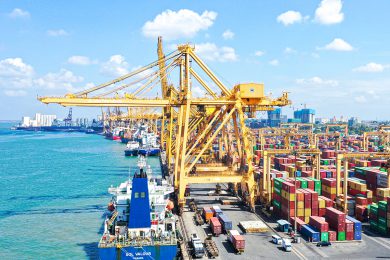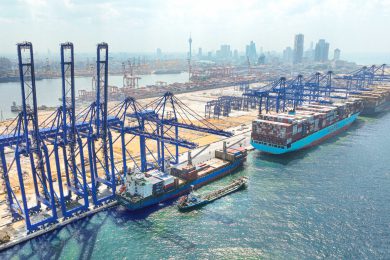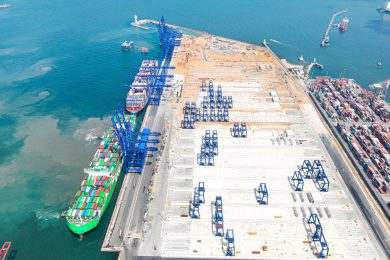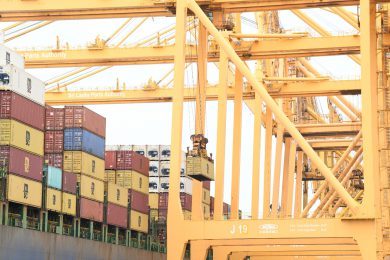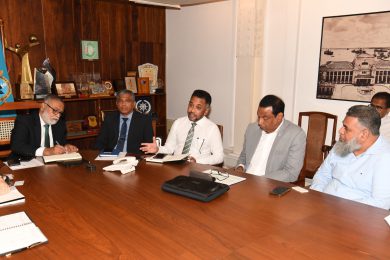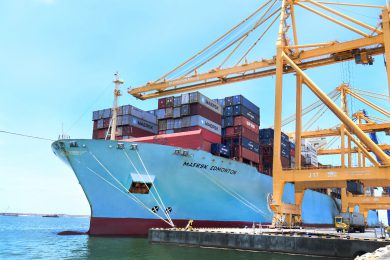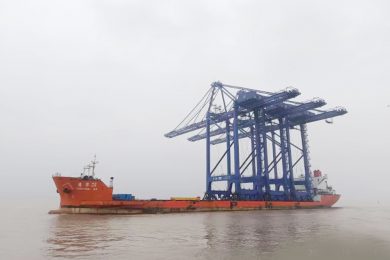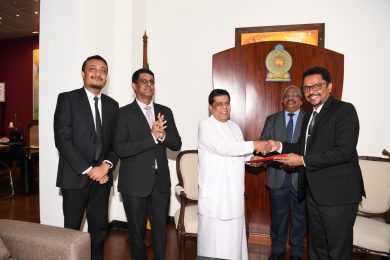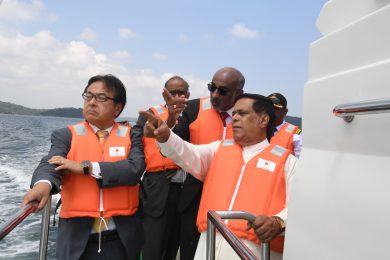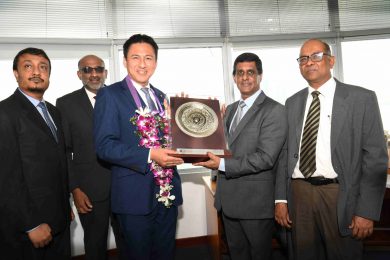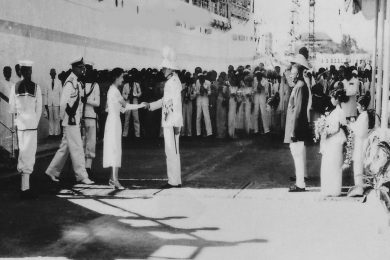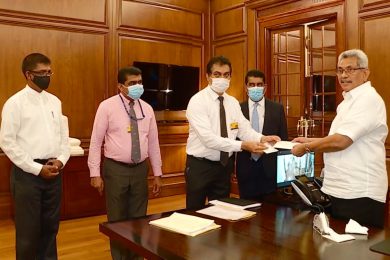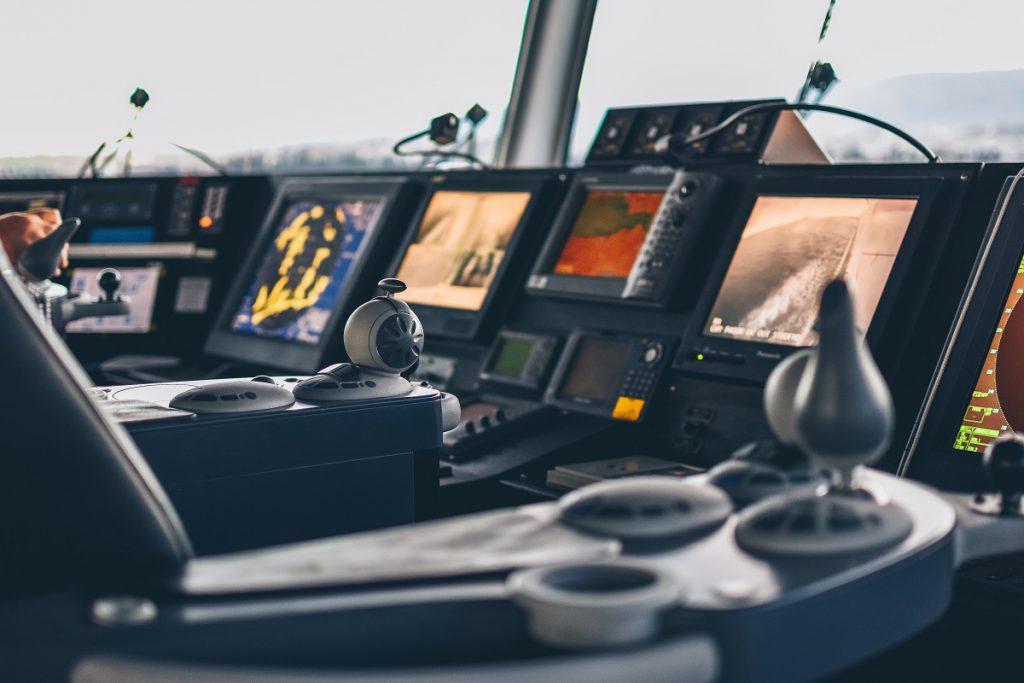Following article based on the keynote address by Kitack Lim, Secretary-General, International Maritime Organization, at a webinar on Digital Connectivity and Data Standards.
It is a great pleasure to open this event on digital connectivity, as driving the digitalization of shipping is more important than ever.
The COVID-19 pandemic has affected all of us, with unprecedented impacts on our lives, our economies and our societies.in particular on shipping business and seafarers.
It is crucially important to ensure the functioning of the global supply chains and the facilitation of safe and efficient operations of maritime transport.
In these difficult times, the ability of shipping services and seafarers to deliver vital goods, including medical supplies and food, is central to responding to, and eventually overcoming, this pandemic.
I have spoken many times of our “voyage together”. Never has the spirit of those words been more important than it is now. So, I have been extremely impressed with the unprecedented level of cooperation and collaboration of all maritime stakeholders.
We need to capitalize on this unprecedented cooperation as we move forward. The pandemic has shown that shipping, the most efficient and cost-effective method of international transportation that carries more than 80 per cent of global trade, remains the leading facilitator of global trade. Therefore, shipping and maritime will be at the heart of the economic recovery, both at sea and ashore.
In this respect shipping and seafarers need to be fully supported so they can fulfil their responsibilities
Digitalization, big data, and new technologies such as artificial intelligence are key in enabling the post-COVID recovery and taking shipping into this new era.
Increased data collection, processing and interconnectivity capabilities, enable automated systems to be controlled remotely or through artificial intelligence. Increased automation in shipping has the potential to enhance safety, to improve environmental performance, and to enable more cost-effective shipping.
IMO is working to ensure shipping can embrace the digital revolution – while ensuring safety, environmental protection as well as cyber security. Digitalization and new technologies will also be the key to allowing standardization and therefore enhancing the efficiency of shipping.
Knowing the many challenges awaiting shipping and international trade, IMO is working to ensure the adoption of technologies that increase the connectivity and efficiency of working practices in maritime transport and ship management – be it in marine communications or the exchange of information in the ship-to-ship as well as the ship-to-shore interfaces, including through the so‑called “single window” concept.
Cooperation between shipping, ports and logistics will be vital for enhancing the efficiency and sustainability of shipping and therefore facilitating trade and fostering economic recovery and prosperity.
Communication, cooperation and collaboration are keys to our success – and I appreciate in particular the enhanced participation and contribution of Member States, but also of the shipping and port industry, in the FAL Committee.
Standardization and harmonization of procedures for stay and departure of ships are central to IMO’s Facilitation Convention, which was adopted to address the exchange of information between ships and authorities onshore. Ports are at the centre of this – national authorities need to work with ports to ensure the relevant infrastructure and software systems are in place.
I’m sure you are all aware that, since April last year, it has been mandatory under the FAL Convention for ships and ports to exchange arrival and departure data electronically. I am happy to see that international ports actively responded with the development of Maritime Single Windows, such as the digitalPORT@SG in Singapore.
IMO has also developed the IMO Compendium as a tool for software developers who design the systems needed to support the transmission, receipt and response via electronic exchange of information required for the arrival, stay and departure of ships, persons and cargo in or from a port. By harmonizing the data elements required during a port call and by standardizing electronic messages, the IMO Compendium facilitates the exchange of information from ship to shore and the interoperability of single windows, reducing the administrative burden for ships.
IMO’s Facilitation Committee has established the Expert Group on Data Harmonization, recognising the need for further work. This group is now working towards harmonization of data standards in areas beyond the FAL Convention, such as exchanging operational data to facilitate just-in-time operation of ships.
The start of this industry collaboration we are witnessing today is aligned with IMO’s efforts to enable interoperability across maritime platforms. After the signing, I hope that the parties can help support the industry in harmonizing standards to make the clearance process for ships faster, more reliable, and more efficient.
Capitalizing on technological advances will be a simple and effective way to make shipping – and the whole supply chain – much more efficient for the more than 11 billion tons of goods that are traded annually by sea across the globe.
Despite these unprecedented circumstances it is of utmost importance to not only do everything in our power to mitigate the impact of COVID-19 on shipping, international trade and seafarers, but also to progress on our most important policy issues, including enhancing the efficiency of shipping.
Maritime transport is and will remain a vital global link in supporting sustainable international trade.
And that is because, whatever else may happen, one thing is certain. The movement of raw materials, energy and the transport of manufactured goods and products between continents would not be possible without maritime transport. And these are things on which sustainable recovery and growth will depend.
I can assure you that IMO, as the global regulator of international shipping, is ready to establish new partnerships for cooperation and sustainable economic recovery for the benefit of all humankind.
With this, I would like to thank Singapore for initiating this important and timely Maritime Perspective online event series, providing an opportunity to discuss and shape the future of shipping.



